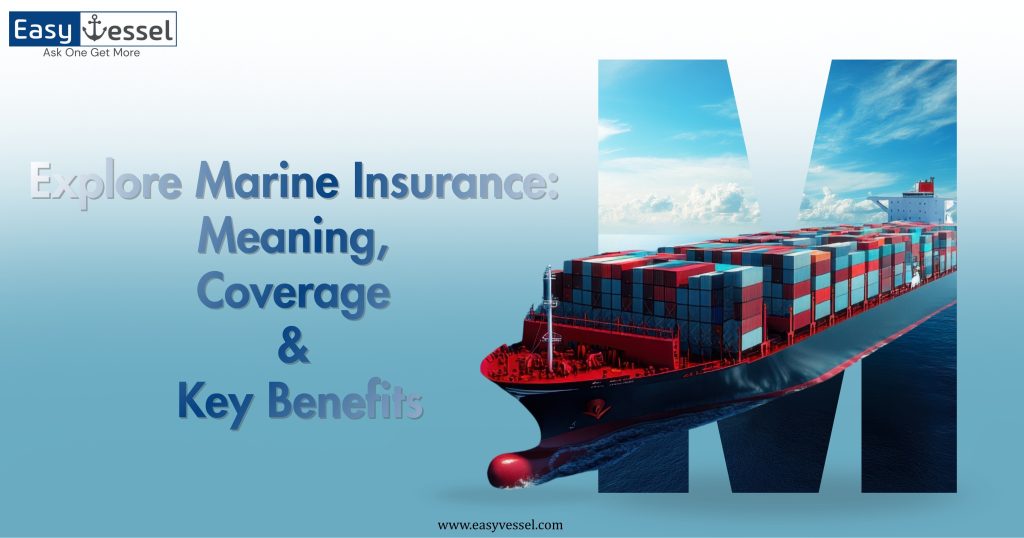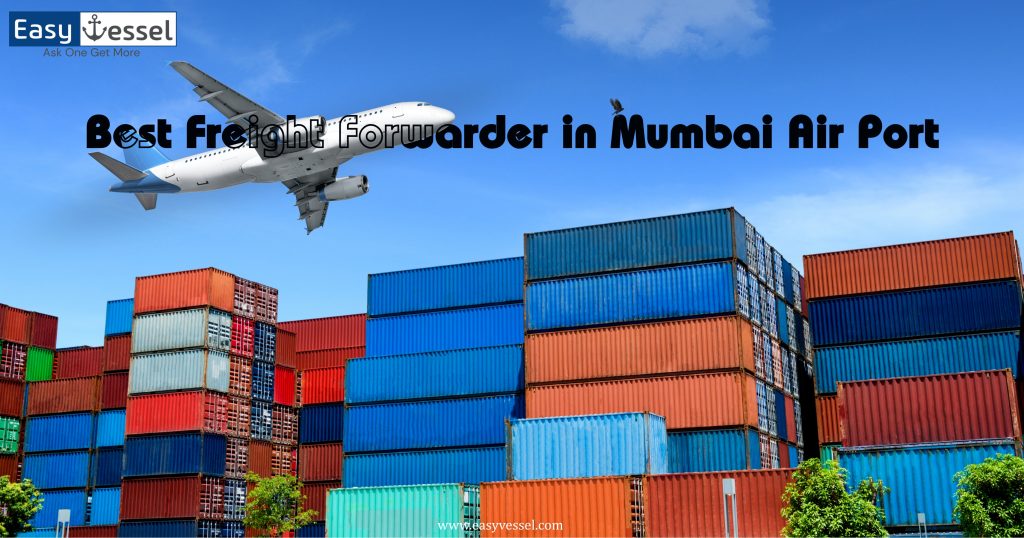- Starting an import export business involves a set of required documents and procedures.
- These are vital for legality, smooth operations, and trade compliance.
- Whether you’re bringing goods into your country or sending them abroad, having the right paperwork is crucial.
List of Required Document:
Here’s a breakdown of the required documents and key points needed to kickstart your import export business:
Business Registration and Licenses:
Business Entity Registration: Register your business as a legal entity with the relevant government department. This might be a corporation, partnership, or sole proprietorship.
Trade License: Obtain a trade license that authorizes your business to operate in the import-export domain. It’s usually issued by local authorities or a chamber of commerce.
Tax Registrations:
Goods and Services Tax (GST): Register for the Goods and Services Tax, a fundamental requirement for businesses engaged in the trade of goods.
Importer-Exporter Code (IEC):
The IEC is a unique code provided by the government, necessary for international trade. It’s a mandatory document to enable you to engage in import-export activities.
Registration-cum-Membership Certificate (RCMC):
Acquiring the RCMC is crucial for export-oriented businesses. Additionally, this certificate is obtained from export promotion councils or commodity boards and is necessary for availing benefits under various export promotion schemes.
Bank Account and Financial Documents:
Dedicated Business Bank Account: Open a separate bank account specifically for your import-export operations. Documents showing the authenticity of your business and its financial standing, including a bank account in the business’s name.
Financial Records: Ensure you maintain proper financial records, including banking transactions related to your trade dealings.
Legal Documents:
Contracts and Agreements: Draft and have legal contracts or agreements ready for your trade operations. This might involve purchase agreements, distribution contracts, or sales contracts.
Terms and Conditions: Prepare detailed terms and conditions for your international trade deals.
Product-Specific Documents:
Certificates and Permits: Depending on the nature of the goods you’re dealing with, secure any necessary certificates and permits. This might include certificates of origin, quality compliance certificates, or specific product-related permits. such as FSSAI (Food Safety and Standards Authority of India) for food products, or BIS (Bureau of Indian Standards) for certain goods.
Insurance:
Cargo Insurance: Consider obtaining cargo insurance to protect your goods during transit, whether you’re importing or exporting.
Remember, Starting an import-export business requires careful attention to detail and following legal rules. Get essential documents like IEC, RCMC, and GST registration. Remember, document requirements may vary by location and goods, so research and ensure compliance with your country’s trade rules.
Essential Required Documents:
Additionally, Start your import-export business with essential documents like IEC, GST registration, and company registration. Visit respective government websites for details. Here is a simplified list:
Import Export Code (IEC): It’s a mandatory code for importing and exporting goods. (Website: DGFT – IEC Application)
GST Registration: A Goods and Services Tax (GST) registration for taxation purposes. (Website: GST Portal)
Company Registration: Necessary for various business structures. (Website: MCA Portal)
Business License: Depending on the business structure, a business license may be needed. (Varies by location and business type)
Moreover, these documents are essential, and the respective government websites provided offer detailed information and guidance on acquiring them.
State-wise Required Document:
Here are some examples of starting a import export business in the required documents list:
International Trade Document (ITD): Essential for international import-export businesses, but no specific government site.
FDA Document: Necessary for import-export operations in the United States – obtain information from the U.S. Food and Drug Administration (FDA) site.
GMP Document: Required for import-export activities in Europe – acquire details from the European Medicines Agency (EMA) or local European government trade agencies.
Halal Document: Needed for import-export business in Gulf countries – check relevant details from the Gulf Standards Organization or the concerned Gulf country’s government trade departments.
Conclusion:
In conclusion, Starting an import-export business requires vital paperwork to ensure legal compliance and smooth operations. Obtain essential documents like IEC, GST, and company registrations, following trade regulations and exploring government websites for detailed guidance.
Easyvessel is the key solution to starting a successful import export business in the global market.
References:
Frequently Asked Questions
To get an IEC code online follow the below process:
- Visit the DGFT website at dgft.gov.in.
- Click “Services” and choose “IEC Profile Management.”
- Select “Apply for IEC.”
- Register with your email and mobile number, verifying with the OTP.
- Provide business details, PAN card, bank account info, and a Digital Signature Certificate (DSC).
- Pay the fee and submit your application.
- Your IEC code will be issued in 3-5 working days.
To start, register your business by providing documents to the Registrar of Companies (ROC). Then, get an Importer-Exporter Code (IEC) number from the Directorate General of Foreign Trade (DGFT) for hassle-free trade activities.
When importing goods, acquiring an Import Export Code (IEC) for identification is vital. Additionally, securing a Goods and Services Tax Identification Number (GSTIN) is necessary for tax payment. Moreover, engaging a licensed customs broker for clearance and documentation might be required. These registrations are pivotal for navigating import complexities and ensuring compliance with the law.



